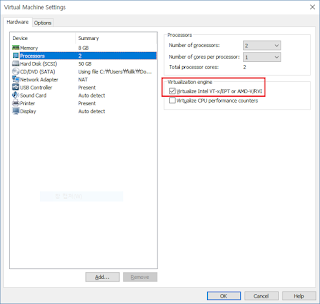C++ : 연산자 오버로딩(8) - 객체의 저장을 위한 배열 클래스
참고 : 열혈강의 C++ 프로그래밍 책
#include <iostream>
#include <cstdlib>
using namespace std;
class APoint
{
private:
int x, y;
public:
APoint(int px = 0, int py = 0) : x(px), y(py) { }
friend ostream& operator<<(ostream& os, const APoint& pos);
};
ostream& operator<<(ostream& os, const APoint& pos)
{
os << '[' << pos.x << ", " << pos.y << ']' << endl;
return os;
}
// 객체의 주소값을 저장하기 위한 용도
typedef APoint* POINT_PTR;
class APointArray
{
private:
POINT_PTR* arr;
int arrlen;
APointArray(const APointArray& arr) { }
APointArray& operator=(const APointArray& arr) { }
public:
APointArray(int len) : arrlen(len)
{
arr = new POINT_PTR[len];
}
POINT_PTR& operator[] (int idx)
{
if(idx < 0 || idx >= arrlen)
{
cout << "Array index out of bound exception" << endl;
exit(1);
}
return arr[idx];
}
POINT_PTR& operator[] (int idx) const
{
if(idx < 0 || idx >= arrlen)
{
cout << "Array index out of bound exception" << endl;
exit(1);
}
return arr[idx];
}
int GetArrlen() const { return arrlen; }
~APointArray() { delete []arr; }
};
// 테스트
void Operator8()
{
// 객체의 주소를 저장하면 얕은 복사와 깊은 복사를 신경쓰지 않아도 된다.
APointArray arr(3);
arr[0] = new APoint(3, 4);
arr[1] = new APoint(5, 6);
arr[2] = new APoint(7, 8);
for(int i = 0; i < arr.GetArrlen(); i++)
cout << *(arr[i]);
for(int i = 0; i < arr.GetArrlen(); i++)
delete arr[i];
}

댓글
댓글 쓰기